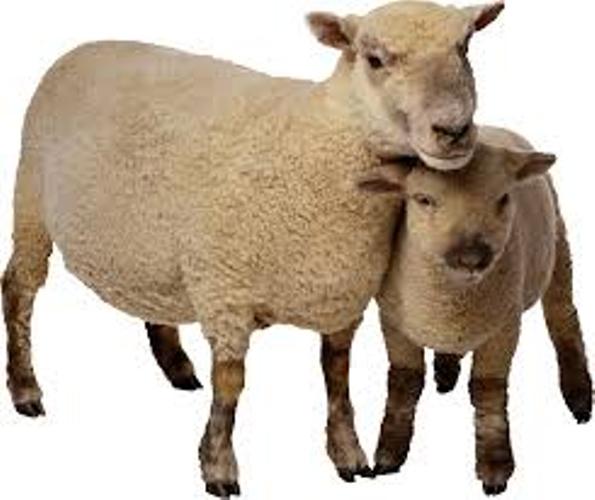History of... Sheep
Name:
Sheep
Scientific Name:
Ovis Aries
Family:
Bovidae
Conservation Status:
Domesticated
Habitation:
Ranging from mountain forests to desert conditions.
Global Location:
World wide
Discovery:
9,000 million years BC
Sheep have been an important animal in human history for thousands of years.
They have been bred for food, fibre, and even as sacrificial offerings. Being one of the oldest domesticated animals, the history of sheep can be traced back to approximately 9000 BC.
Over the centuries, sheep have become an essential part of human civilization, including in agriculture, economy, culture, and religion.
The domestication of sheep began in the Middle East, and the early sheep breeds were primarily used for their meat, milk, and skin.
It was later realized that sheep could also produce wool, which revolutionized the textile industry.
The first sheep to be selectively bred for wool production were the Merinos, a breed originating from Spain.
During the Industrial Revolution, the demand for wool increased rapidly, leading to the development of new breeds with improved wool yield and quality.
In many ancient civilizations, sheep played a crucial role in people's daily lives.
The ancient Egyptians worshipped the ram, which was believed to be the incarnation of the god Amun. According to the Christian Bible, sheep were offered as sacrificial offerings to God and also symbolize the followers of Jesus. In some cultures, sheep are considered to be a symbol of prosperity, warmth, and peace. For example, in Scotland, sheep are featured on many family crests, and in parts of Ireland, a symbolic lamb is used in wedding ceremonies.
Sheep farming has played a vital role in the economy of many countries. In New Zealand, the sheep industry has been a major source of income for farmers since the late 19th century. In Australia, sheep are a crucial part of the agricultural sector, particularly in wool production.
China is currently the world's largest producer of sheep, accounting for almost 25% of the global sheep population. In many developing countries, sheep farming still provides a vital source of income for rural communities.
Even though the demand for wool has decreased in recent years, sheep farming still plays an essential role in the economy of many countries, and the worldwide sheep populations continues to grow


